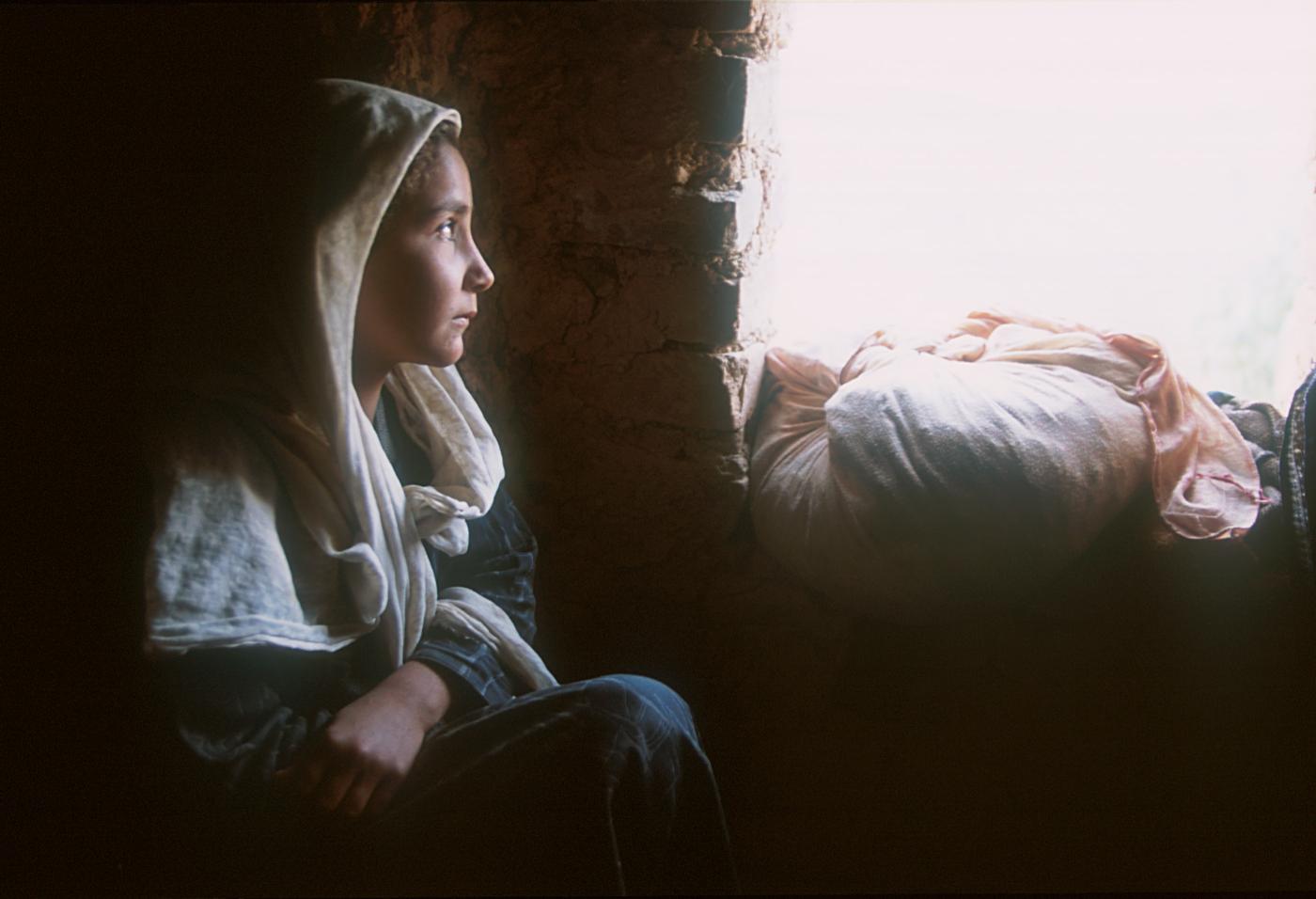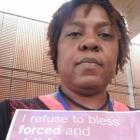While reading Psalm 46, I noticed a very interesting introduction to the poem. It read, ‘To the leader. Of the Korahites. According to Alamoth. A Song.’ (NRSV) My curiosity peaked. An alamoth could be a soprano instrument or a direct reference to young female singers, (that is – virgins). Intrigued, I read a few commentaries and the preceding psalm, which also references alamoth, albeit in the context of a wedding feast. I wondered whether the two poems, ascribed to the same family of writers and maintaining that peculiar introit, could once have been one psalm.
Any reading of Psalm 46 recognizes that it offers a note of encouragement to the listener (or to the psalter herself) in times of crisis. There are several cases of abuse recounted in the biblical narrative and so, without too much of a stretch of the imagination, one could conclude that in addition to comfort for anyone in troubling times, this psalm could also have the role of empowering and comforting a young virgin (or even a young bride) facing abuse. This could be physical abuse, as females were deemed the property of the significant male in their lives; or sexual abuse/incest, as was recounted in the Tamar-Amnon narrative (c.f. 2 Samuel 13).
Unfortunately, in the realm of incest and abuse, not much has changed in the world today, except for an exacerbation of the status quo.
Consider the following statistics from the UN
• 1 in 3 women experience sexual or gender-based violence globally
• 650 million women and girls in the world today who were married before age 18
• 1 in 10 women in the European Union have experienced cyber-harassment since the age of 15
• 1 in 5 internally displaced or refugee women living in humanitarian crisis and armed conflict have experienced sexual violence
• 20% of school girls in Botswana said they have been propositioned by their teacher
• Between 1997 and 2002; the HIV positive pre-war DRC population moved from 5% to 20% 2002 in the East of DRC
One might argue that in times of crises – disasters (natural and human constructed) and conflict – there is potential for increasing cases of domestic abuse. How much more so, when it is not a catastrophe which realises physical displacement, but one in which one is forced to remain in potential spaces of danger?
Given the realities of the spread of the COVID-19 pandemic, and the need for physical distancing, offering shelters to the victimized can prove challenging. Reaching out to crisis networks will not necessarily be helpful, as the dearth of human resources to contain the virus means that staff at ground zero are less available to attend to reports. With the closure of religious spaces to the public, one’s recourse may be to seek encouragement through the psalms, which reminds us:
Creator God is a Source of protection for the vulnerable, especially in seasons of foment and crisis
Recognize that Elohim, the God of Justice, the all-powerful One, is at hand and may be called upon for help
Moreover, this is also the time for the others of us in the worshipping community, to intercede for God’s divine intervention and protection over the vulnerable
And, as we make the rounds on social media, or by telephone; I pray that we are alert to seeing cries for help or signs of danger, so that we might accompany the fearful in this season.
Oh God of Jacob be with your children, please shelter them in Your Secret Place and provide for them refuge in this season.

